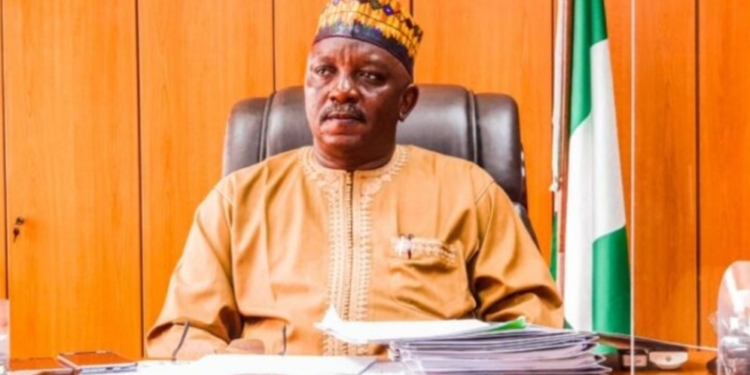The federal government has disclosed that the cost of subsidising electricity every month is now about N30 billion – a drop of N20 billion (40 percent) from N50 billion spent in February this year.
Minister of power, Sale Mamman said the funds were provided to augment the shortfall by the distribution companies (DisCos) who have failed to pay for the electricity supply wheeled to them.
He also said following a minor increase in the tariff regime, the subsidy has now decreased by half, but still constitutes a serious drain on the nation’s economy.
According to a document on the progress and overview of Nigeria’s power sector by the ministry, the reduction (N20 billion) was achieved as a result of improvements in the collection of power tariffs by distribution companies (Discos), which has increased by about 60 percent.
“Tariffs rose by 36 per cent from September 2020. Collections have grown by 60 per cent plus,” the document read.
“Government subsidy has been reduced by N20bn per month. Record collections of N65bn hit in December 2020 cycle (from an average of N39bn).”
The World Bank, in its recent Nigeria development update report, said regressive and opaque subsidies for fuel and electricity create economic distortions and reduce the fiscal space for development spending.
The bank further said reducing both fuel and electricity subsidies are necessary to generate the fiscal space needed to continue supporting the COVID-19 response.










Discussion about this post